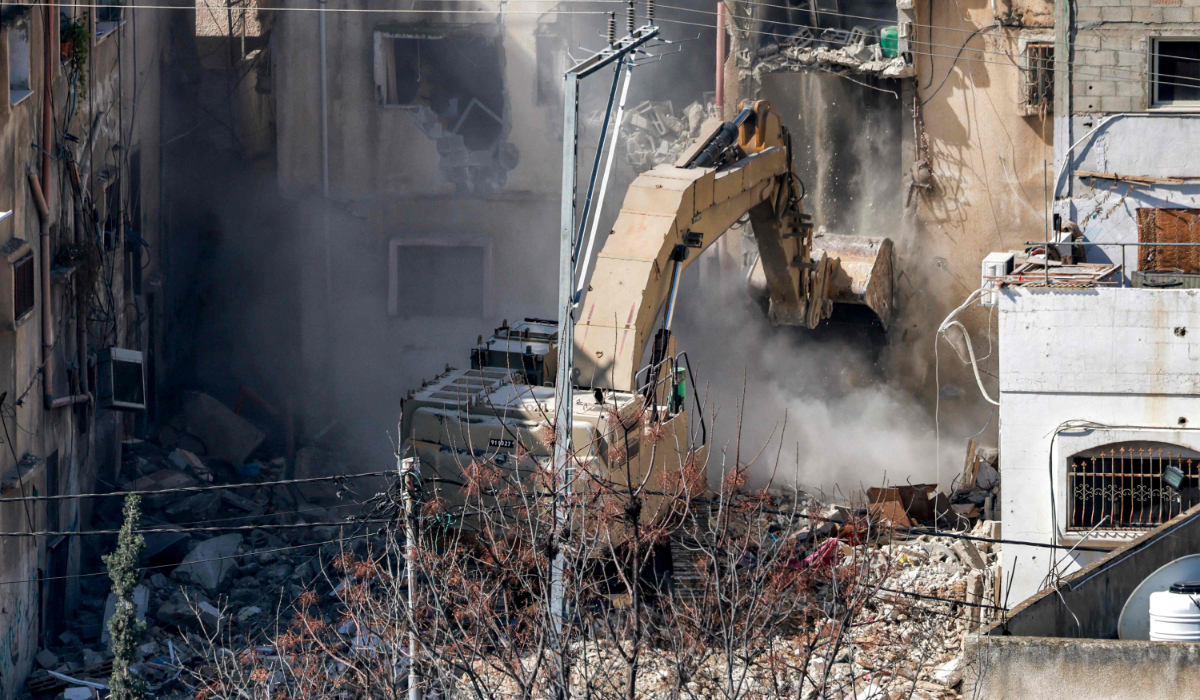LONDON: Five members of Britain’s elite SAS special forces unit have been arrested on suspicion of committing war crimes during a deployment to Syria.
The allegations concern the killing about two years ago of a Daesh fighter who SAS soldiers believed was about to carry out an attack using a suicide vest.
After the fighter was killed by the soldiers, a primed bomb vest was found nearby but not on the slain man’s body, leading to allegations that the SAS unit had used excessive and unjustified force, the Daily Mail reported.
Senior officers have argued that the British troops, who are still serving, should have made attempts to arrest the Daesh fighter.
An investigation into the killing was carried out by the UK’s Defence Serious Crimes Unit. As a result, British military chiefs sent documents urging the filing of murder charges against the five SAS soldiers to the military equivalent of the Crown Prosecution Service.
It is believed that the arrests are the first to involve UK personnel who were deployed in operations against Daesh.
Special forces units from the UK have carried out a range of duties in Syria and Iraq over the past decade during the campaign against Daesh.
Troops have identified ground targets for UK aerial forces, including drones and jets, to attack.
Highly secretive rescue missions to recover children with British citizenship from Daesh territory have also taken place.
The arrests come as the SAS faces scrutiny over allegations that its soldiers summarily executed up to 80 Afghans during the more than decade-long war against the Taliban.
A public inquiry is researching claims that SAS soldiers falsified mission reports to hide the extrajudicial killings of Afghans in Helmand province between 2010 and 2013.
One special forces unit deployed to Afghanistan is alleged to have had a policy of executing “fighting-aged males” who posed no threat, during encounters with civilians.
Senior officers in the UK Ministry of Defence are also alleged to have prevented a credible investigation into the claims.
Last month, Veterans Minister Johnny Mercer told the inquiry that he “did not want to believe the reports” but was unable to find “something to disprove these allegations.”
He was reportedly told by a special forces soldier in 2017 that units carried “drop weapons” to plant false evidence around the bodies of Afghans in order to falsify mission reports.
The MoD refused to comment on the arrests of the SAS soldiers accused of war crimes in Syria.
A spokesman said: “We hold our personnel to the highest standards and any allegations of wrongdoing are taken seriously.
“Where appropriate, any criminal allegations are referred to the service police for investigation.”





























